In his latest feature, the third in his “war trilogy” of movies (following Fires on the Plain and Killing), legendary director Shinya Tsukamoto’s examines the desperate lives of Japanese citizens in the immediate aftermath of World War II. Part chamber drama, part road movie, Shadow of Fire finds its throughline in the story of a small boy coming of age amid unimaginable hardship.
We had the privilege of catching up with the father of Japanese cyberpunk at this year’s edition of the Tokyo International Film Festival for a conversation about Shadow of Fire, his influences, working within genre, and his dreams of making a kaiju movie.
Editor’s Note: This interview was conducted in English and Japanese. Special thanks to Hiroko Fukai for translating and interpreting what was said. It has been edited for length and clarity.
Umapagan Ampikaipakan: Let’s talk about Shadow of Fire first. It feels like we’re never really too far away from war. The world is always on the brink of some great catastrophe. I think it’s why your last three movies have been so relatable. I was wondering if you could speak to how you make these period stories and characters feel so contemporary.
Shinya Tsukamoto: It may be a period setting, but I try not to make movies based on the premise of something that happened a long time ago. My aim is to make the audience empathize with these characters. And I do that by drawing people in a way that makes them feel like they are living in the present.
UA: Precisely. Your movies never feel removed from our reality. They don’t come off as “living in the past.”
ST: That’s right. Sometimes people point out that the language I use in my movies is a bit too modern. But I don’t really care about that. That’s the feeling I’m going for. I want my characters to speak in a way that doesn’t seem strange. I want it to be as close as possible to people who are still alive today. I want the characters in the movie to live in the present moment.
UA: Watching Shadow of Fire I was struck by this notion of how difficult it is to protect those you care about. Am I right in thinking that such a theme has become something of a preoccupation for you?
ST: Yes. You are right. It’s become a lot more difficult to provide security to those you love. I started feeling this way about 13 years ago. It is a theme that was already there from my movie Kotoko, which is about a mother who obsessively worries about her children and how difficult it is to protect the people she cares about. It is also something I explore further in Fires on the Plain.
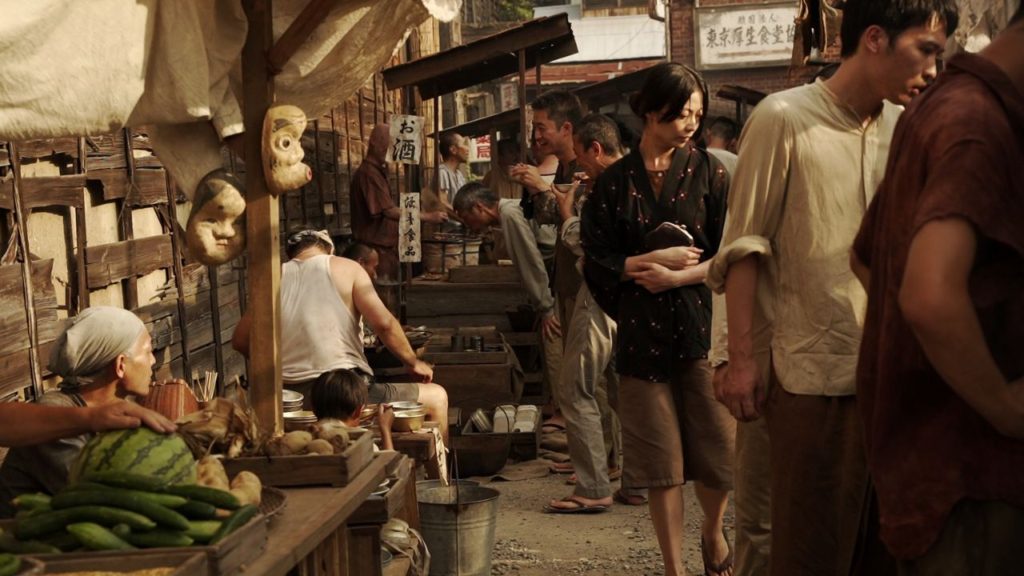
UA: You’ve spoken in the past about different inspirations that you’ve had over the years – from Alien, to Ultra Q, to Robert Maplethorpe. Was there anything in particular that inspired the look and feel of Shadow of Fire?
ST: In the past, I was very influenced by a lot of sci-fi. But with Shadow of Fire, I wasn’t inspired by any particular style of movie. For this one, I was looking at data and material on the post-war black market and on how war orphans used to live. I would read those things and that would give me the knowledge I needed to expand this story.
UA: In making these last three movies, what have you learnt about contemporary Japan’s relationship with war?
ST: You know, when I was a child, I didn’t study much. I’m really bad at things like history and social studies. I didn’t even really read newspapers either. But I’ve always had this vague fear of war. I had this notion that it was a scary thing. I never really liked it. I think that it was only after I decided to make Fires on the Plain did I start to learn about what’s going on. It was then that I became obsessed with knowing about what’s going on in the world today, about how wars happen, and so on. So, to answer your question, I’m still studying, learning, and thinking about it as I go along.
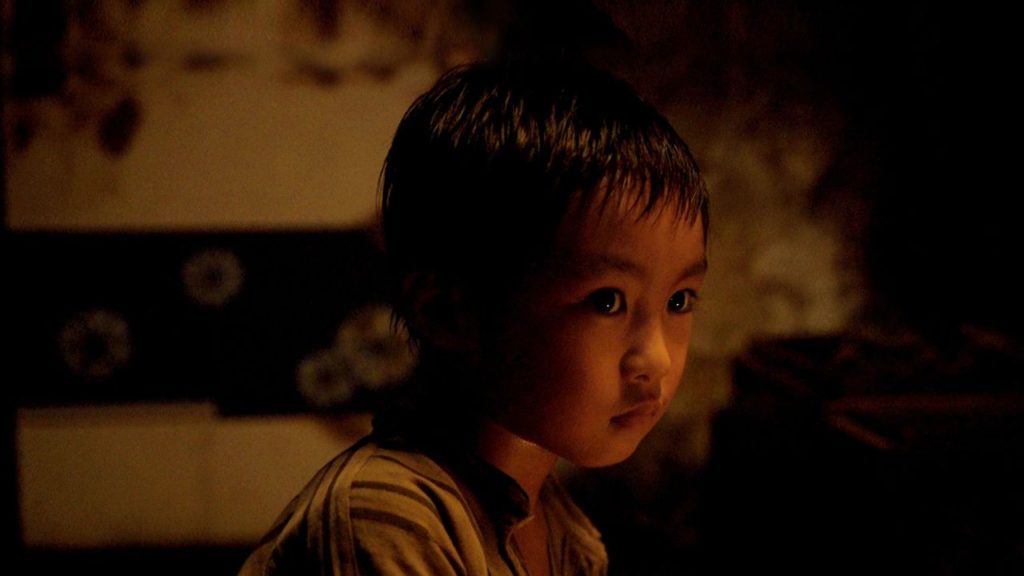
UA: The thing I love most about your movies is that as an independent filmmaker, and as someone who wears so many hats in his movies (directing, editing, producing, acting, etc.), it never feels like you have to compromise your vision. Is that an accurate assessment? And if so, I was wondering what internal compromises do you make with every one of your movies?
ST: I’m actually quite a realistic person. So before I start a movie I think carefully about what I can and cannot do. And so I don’t often end up compromising as long as I think about it first. So I start with a concept, and then while making the movie, I continue to add more and more detail, in order to make it a lot more interesting than my initial idea.
UA: I never know what I’m going to get when I walk into a Shinya Tsukamoto movie. You’ve taken on so many different genre in your movies and I was wondering if you think about each project in terms of genre?
ST: When I started making movies, I wanted to make what I called “cult entertainment.” I had a lot of chaotic thoughts in my mind and I wanted to release them into movies. It was an experiment. I never knew what I was going to get. But at the same time, I was also a fan of Hollywood entertainment. And so I was always trying to mix elements of both. So if you take Tetsuo, for example, I was taking some experimental ideas and transplanting them into the science fiction genre. That’s the kind of game I enjoy playing.
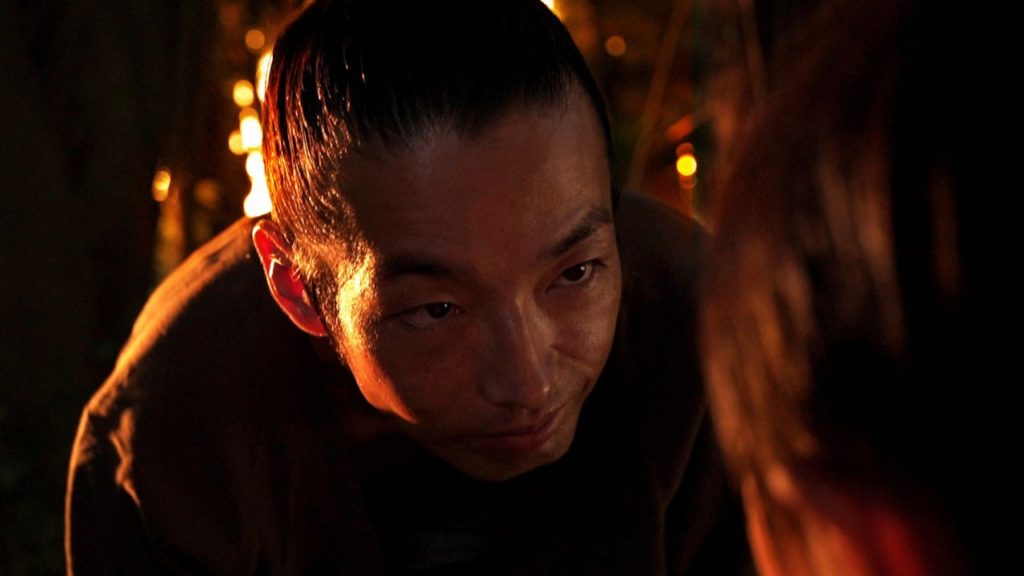
UA: You’ve spoken in the past about always wanting to make a kaiju movie. Will we be seeing that soon?
ST: Making a kaiju movie is a long-held dream…
UA: It’s a long-held dream of mine to watch your kaiju movie too…
ST: But yes, I’m intending to one day make a kaiju movie. But how I’m going to do it, I don’t know yet. That’s still a mystery to me.
UA: I cannot leave without asking you a question about Tetsuo. I love all three of those movies and think they are incredibly fascinating. More so given the space between each sequel. In 2023, with all of the conversations that we’re having about our relationship with technology and A.I., do you think it’s time for yet another sequel?
ST: Filming Tetsuo is always fun. But I think I am concerned with other things at the moment. Over these last 10 years, the thing that has preoccupied my mind is the idea of war. It’s not the only theme that I want to focus on, but it’s the thing that I can strongly empathize with and what I feel is most needed in this day and age.


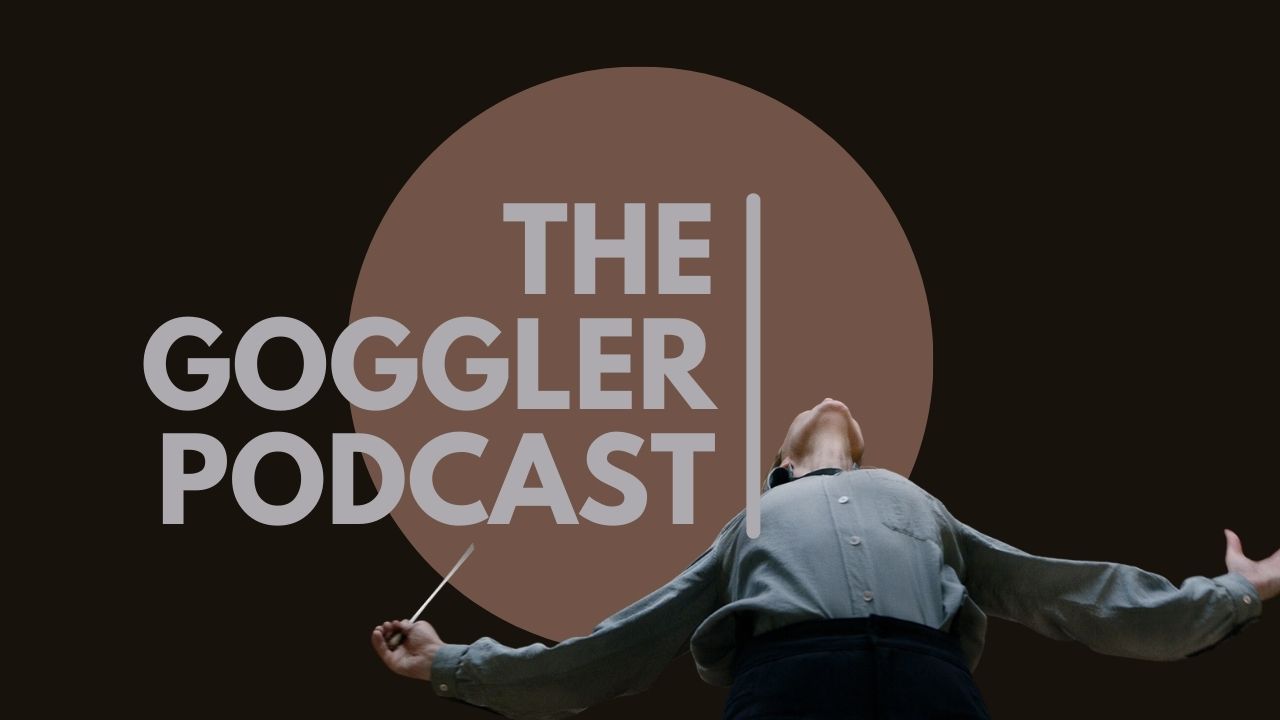

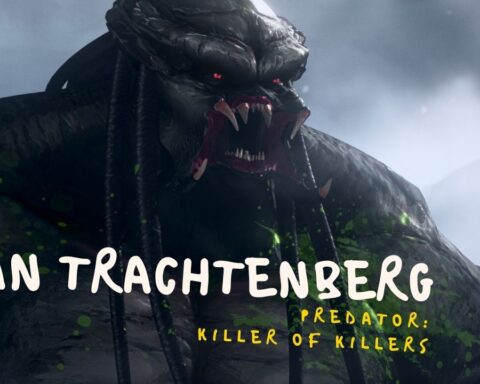

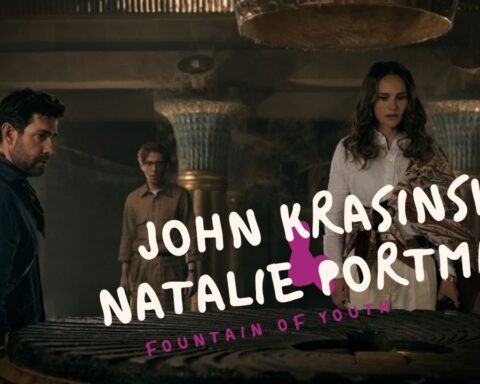
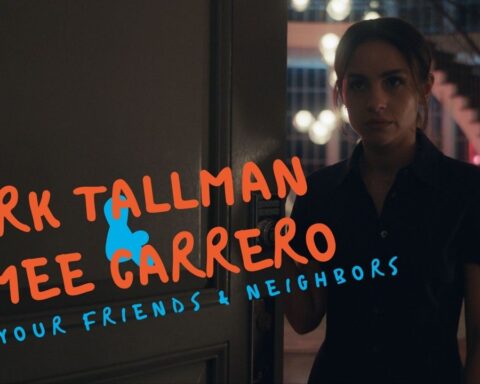
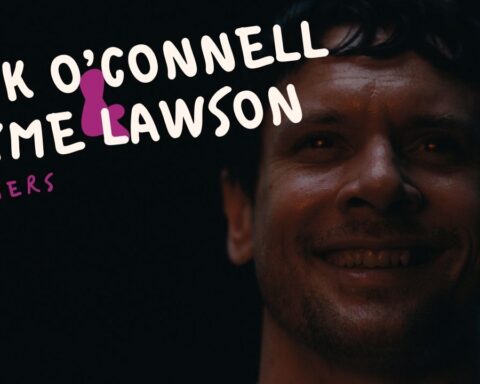
Follow Us